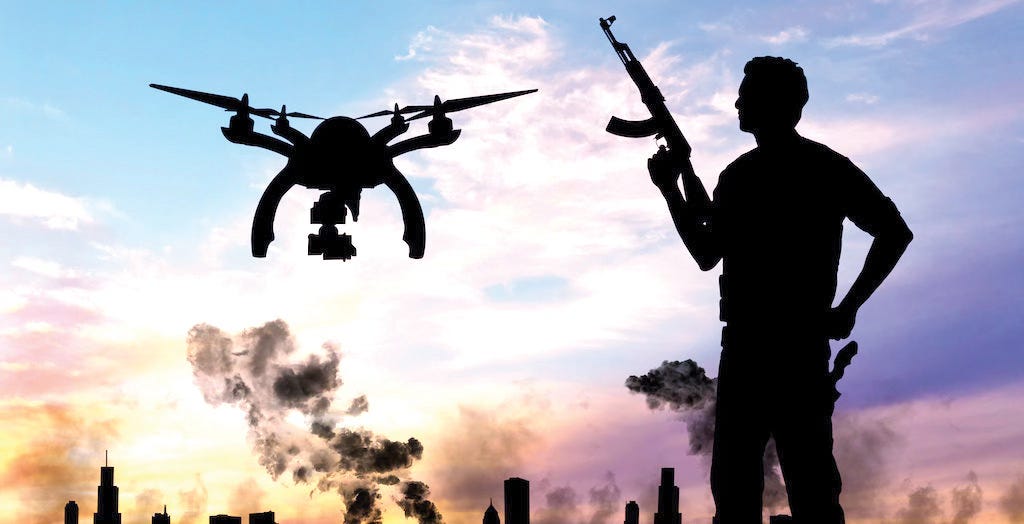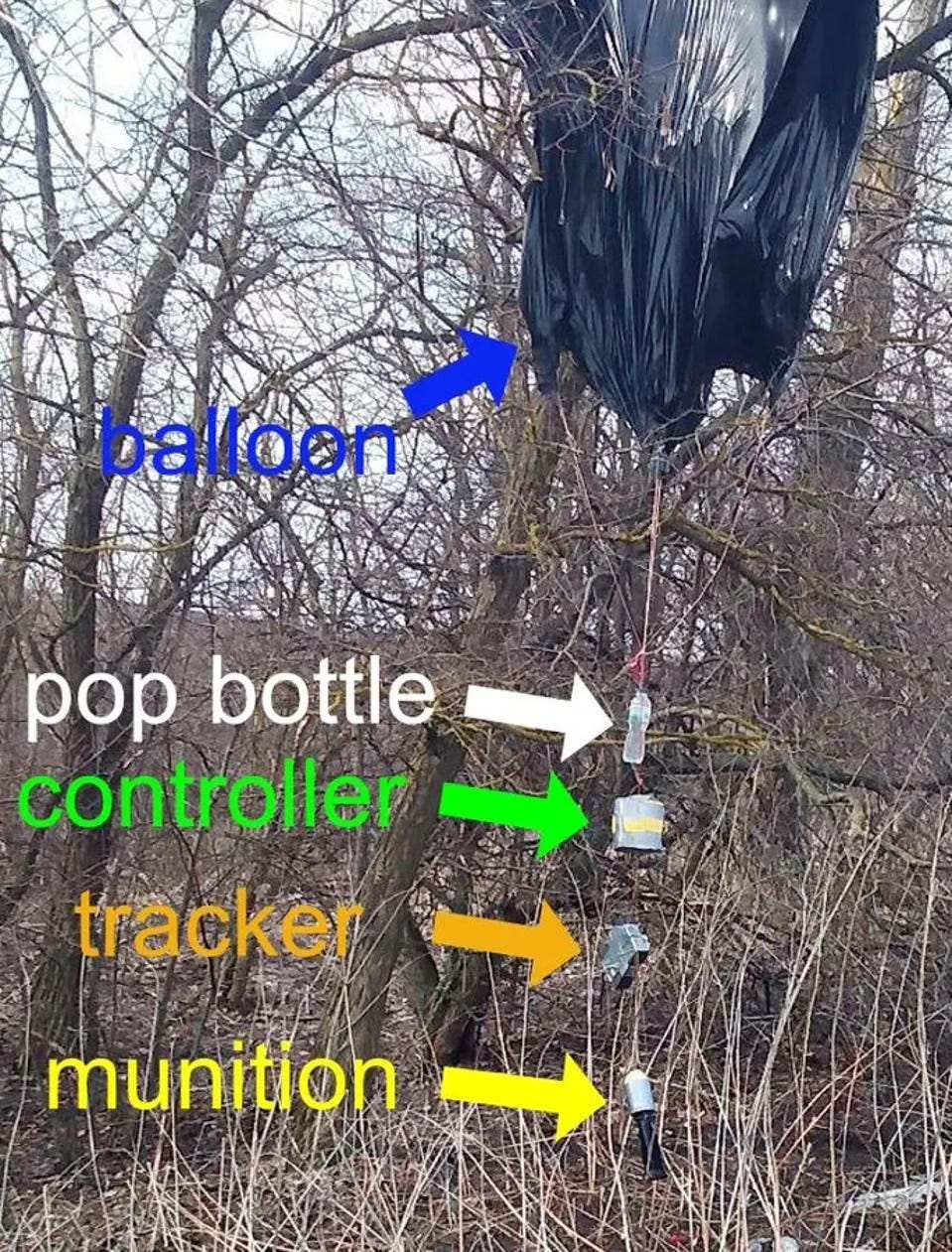Drone terrorism will soon arrive in US
Today it's our inability to protect troops abroad, tomorrow it's our inability to protect the homeland
Sen. Jack Reed (D-RI), my old senator, has always been sharp on national security affairs, befitting his West Point and military background. Today he has a solid op-ed that fits my Military Singularity argument: our troops abroad are too vulnerable to the hardest-to-defend-against drones — namely, the low-flying variety.
Reed notes the rise of drone incidents across the US, particularly around military bases, and then cites the case of the three US service people killed in their quarters in Jordan.
All the reader has to do is toss in any number of recent lessons learned by Israel, Ukraine, and the Russians regarding the efficacy of drone attacks.
Citing his own Congressional committee work, Reed declares:
The first problem is that our nation lacks adequate drone detection capability. We still rely on the early warning radars that served us so well during the Cold War. Today, though, they are unable to detect, identify and track small aircraft at both high and low altitudes. Inside the United States, we can hardly track anything other than commercial aircraft. Almost none of our domestic military bases have the sensors to identify small drones.
That, to me, is a ruleset gap just waiting to be exploited — most likely by a terror group — in a big enough manner to trigger a severe ruleset reset across the US. Basically, we’re waiting on a 9/11-level vertical scenario (out of the blue, as far as the public is concerned) that pervasively perturbs our system (the rock dropped in the still pond).
And here’s the trick: the less sophisticated the effort, the more impressive will be the impact. Also doesn’t really matter if the terror group is domestic or foreign.
Check out this pic of a recent Ukrainian homemade drone:
Keep reading with a 7-day free trial
Subscribe to Thomas P.M. Barnett’s Global Throughlines to keep reading this post and get 7 days of free access to the full post archives.





